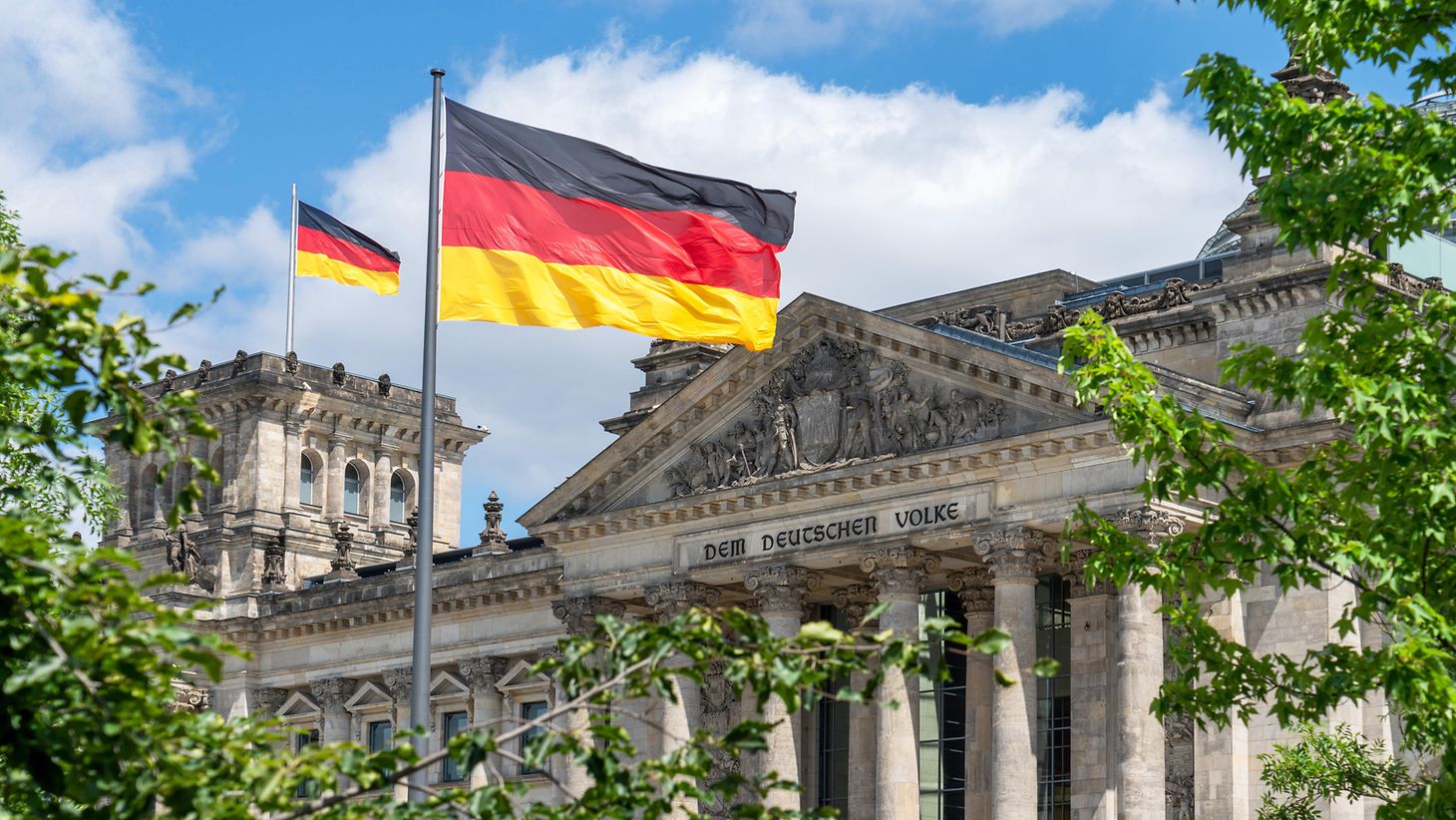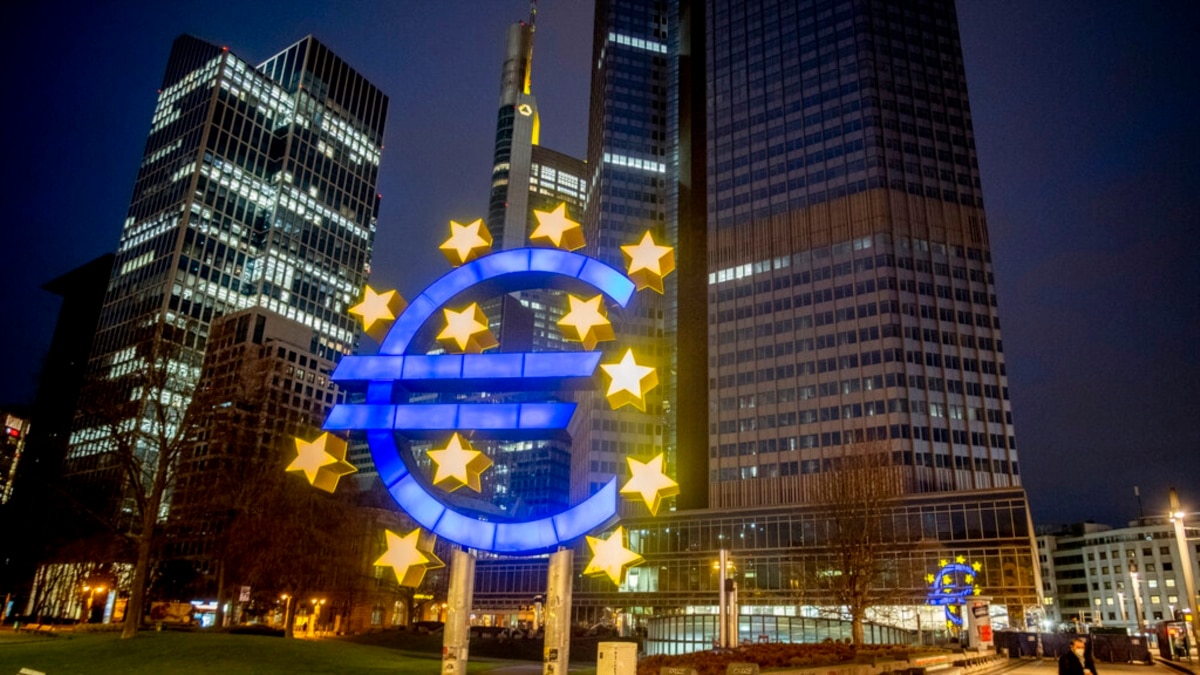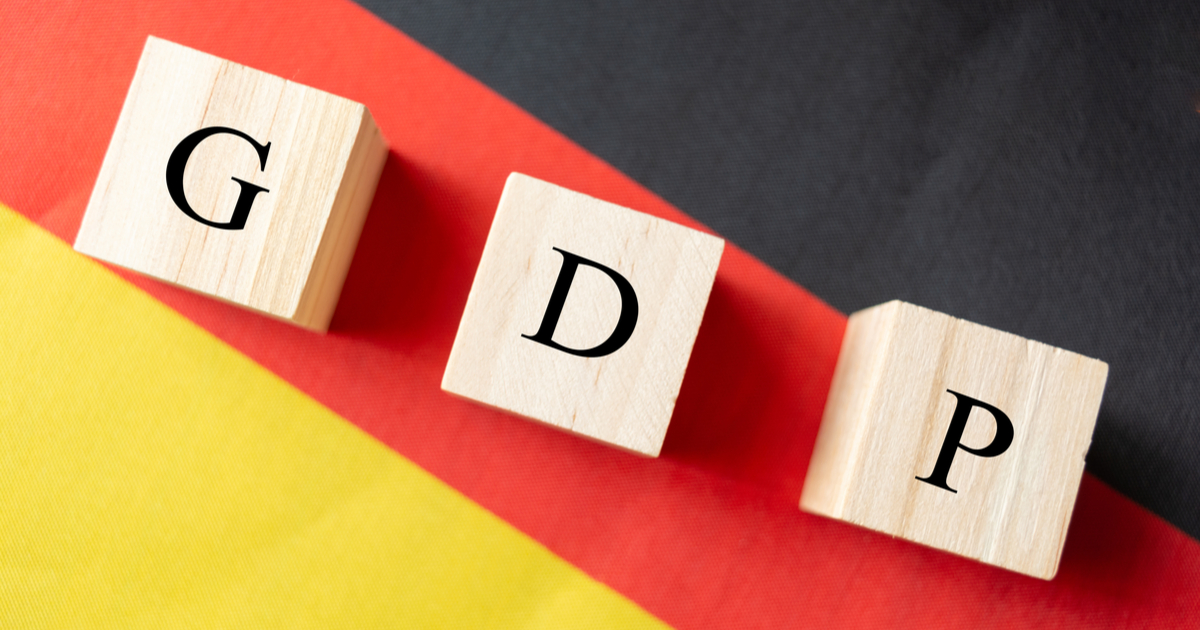German Economy Faces Technical Recession As GDP Contracts: Hope Remains for Modest Recovery: 2023
German Economic Contraction and the Prospects for a Gradual Rebound : Examining The Factors

According to the latest data published by The German statistical office on Thursday, May 25, it has been revealed that the nation’s economy experienced a slight contraction during the initial quarter of 2023 in comparison to the previous three months. Consequently, this development has led to the classification of Germany as being in a state of technical recession.

Based on the available information, it has been determined that The German Gross Domestic Product (GDP) experienced a decline of 0.3% for the specified quarter, after adjusting for price and calendar influences.
This economic downturn signifies the country’s entry into a state of recession. It is important to note that this contraction comes after a previous decrease of 0.5% in the final three months of 2022, a period marked by Germany‘s efforts to address an energy crisis stemming from the Russia-Ukraine conflict.

According to Destatis, the official federal statistical agency, the German economy experienced a contraction of 0.3 percent during the first quarter of this year. This revised figure indicates a downward adjustment from the initial estimate of no growth.
The decline was anticipated by several economists due to the significant decrease in German industrial production, which marked its largest decline in the past year, along with a sharp decline in retail sales during the month of March.
Europe‘s leading industrial force is currently experiencing a significant economic downturn.
This recessionary situation has been a growing cause for worry since the previous year when financial institutions adopted a more stringent monetary policy approach and implemented interest rate increases as a means to control inflationary pressures.

Anticipated to continue this trajectory, the European Central Bank (ECB) is projected to further raise interest rates at its upcoming meeting slated for June 15. Notably, the ECB has already increased rates by a total of 375 basis points since July, reflecting its proactive response to the prevailing economic circumstances.
Germany’s economic outlook for this year indicates a projected sluggish growth, with experts forecasting a mere 0.2 percent increase in the country’s GDP for 2023. However, concerns loom among economists as they fear that Europe’s largest economy may remain mired in a state of stagnation.
Jörg Krämer, the chief economist at Commerzbank, expressed his pessimism, stating that a significant economic improvement is not on the horizon. He further emphasized the downward trend of crucial manufacturing sector indicators, forecasting a 0.3 percent decline in German GDP for this year, with no growth anticipated for the following year.

Germany’s lacklustre performance during the initial quarter can be primarily attributed to a decline in household consumption, witnessing a 1.2 percent drop from the preceding quarter. This downturn can be attributed to the adverse impact of high inflation and escalating interest rates, which have significantly diminished the purchasing power of consumers.
Destatis, the Federal Statistical Office, remarked that households exhibited a noticeable reluctance to make purchases across various sectors, leading to reduced spending on essential items such as food and beverages, clothing and footwear, as well as furnishings during the first quarter of 2023 in comparison to the previous quarter.

The decline in car sales in Germany can be attributed to the decrease in grants and subsidies for plug-in hybrid and electric vehicles, which have been in effect since the beginning of the year. Additionally, German government spending experienced a reduction of 4.9 per cent. However, there was a notable recovery in private sector investment during the first quarter, following a sluggish performance in the latter half of 2022.
This rebound, which saw a 3.9 per cent increase, was primarily driven by heightened construction activity resulting from favorable weather conditions. Furthermore, trade had a positive impact, as German imports decreased by 0.9 per cent while exports saw a 0.4 per cent rise.
According to economist Franziska Palmas from research group Capital Economics, there is an anticipation of additional economic decline in both Germany and the eurozone in the upcoming quarters. Palmas foresees a minor rebound in the second quarter, followed by subsequent contractions.
The International Monetary Fund (IMF) predicts that Germany will be the weakest performer among the major global economies this year, with a projected 0.1 percent shrinkage in output. Reinhard Houben, the economic spokesman for the parliamentary group of the liberal Free Democrats, emphasizes the importance of preventing Germany from becoming the sick man of Europe once more.
/newsdrum-in/media/media_files/gZp2Rv6OL1dazJj424No.jpg)
Houben believes that the government’s initiatives to reduce bureaucracy and reform tax regulations will enhance the country’s appeal as a business destination.
The recent economic decline over the last six months has resulted in the German GDP remaining below its pre-coronavirus pandemic levels, in contrast to the overall eurozone economy.
According to Destatis, the output for the first quarter witnessed a decline of 0.5 percent compared to the corresponding period in the previous year. Moreover, German consumers have been adversely affected by increased inflation and rising loan expenses. These factors have contributed to a significant 8.6 percent decrease in retail sales during March, when adjusted for inflation, in comparison to the same month of the preceding year.
According to the Ifo Institute’s index of business confidence, German companies are expressing increasing pessimism regarding the upcoming year. The index experienced a decline in May, marking the first decrease in seven months.
However, some economists remain hopeful, citing a potential decrease in inflation, a rise in wage growth, and a robust labor market as factors that could contribute to modest economic expansion throughout the remainder of the year. Salomon Fiedler, an economist at German investment bank Berenberg, anticipates that the German GDP will remain stagnant in the second quarter, followed by slow growth for the rest of the year.

Germany, being the largest economy in Europe, has faced challenges due to the weakening manufacturing sector, which has been affected by a diminishing backlog of orders. Although manufacturing output experienced a 2 percent increase in the first quarter compared to the previous quarter, Destatis reports a dampening effect observed in March. The services sector, which is larger in scale, also exhibited weaker growth during this period.
Proofread & Published By Naveenika Chauhan




